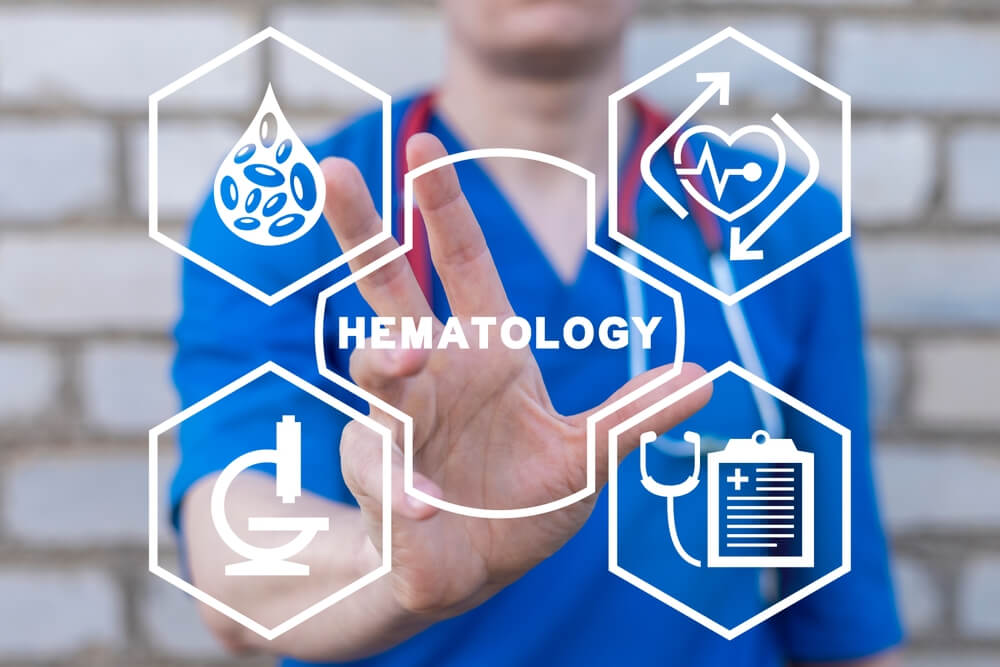Hematology: Understanding and Treating Blood Disorders
Blood disorders are complex and diverse conditions that affect the blood cells and marrow in our body. They can cause problems with oxygen delivery, infection fighting, and clotting. At our clinic, we offer comprehensive diagnosis and treatment for various blood disorders, such as anemia, chronic leukemia, thrombocytopenia, and deep vein thrombosis (DVT). We also provide compassionate and personalized care for each patient, taking into account their physical and emotional needs.
Anemia: Overcoming the Lack of Oxygen
Anemia is a common blood disorder that occurs when the blood has too few red blood cells or hemoglobin, the protein that carries oxygen. Anemia can have many causes, but one of the more common is iron deficiency anemia, which results from low iron intake or absorption. Iron is essential for making hemoglobin and red blood cells. Without enough iron, the blood cannot carry enough oxygen to the tissues, leading to fatigue, weakness, and reduced quality of life.
Iron deficiency anemia can be diagnosed with a blood test and treated with iron supplements and dietary changes. There should also be an investigation into underlying causes. Early detection and intervention can prevent complications and improve the health and well-being of patients with anemia.
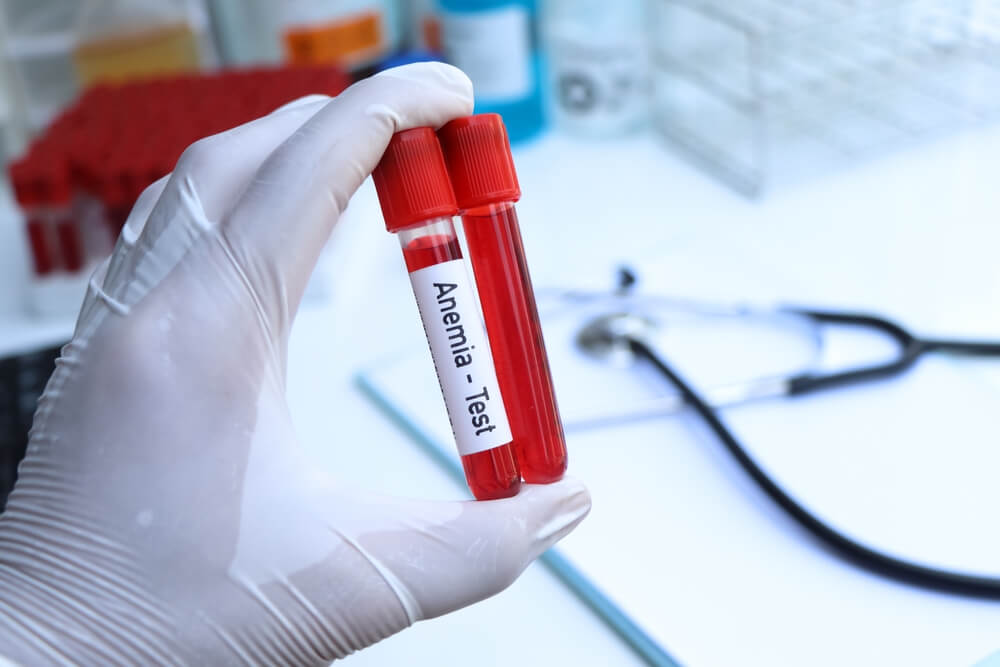
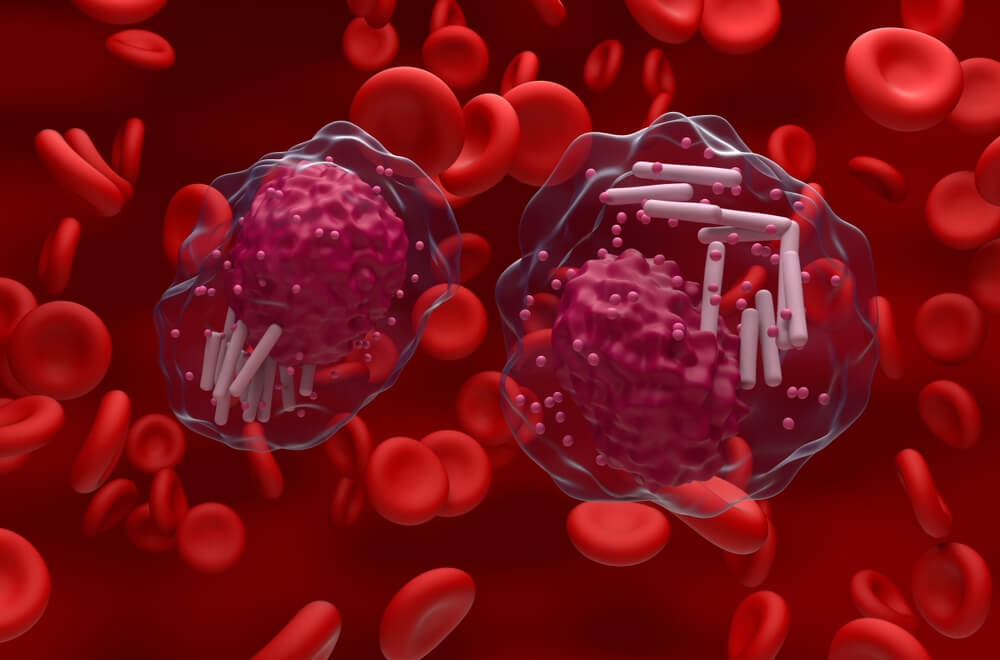
Chronic Leukemia: Fighting the Blood Cancer
Chronic leukemia is a type of blood cancer that affects the white blood cells, which are part of the immune system. Unlike acute leukemia, which develops rapidly and aggressively, chronic leukemia grows slowly and gradually. However, chronic leukemia can still cause serious problems, such as infections, bleeding, organ damage, and other cancers.
Chronic leukemia can be diagnosed with blood tests, bone marrow tests, and imaging tests. The treatment options depend on the type and stage of the leukemia, as well as the patient’s age and overall health. Some of the treatments include chemotherapy, targeted therapy, immunotherapy, and stem cell transplantation. Experts can provide the best care and support for patients with chronic leukemia.
Thrombocytopenia: Preventing the Bleeding Risk
Thrombocytopenia is a condition in which the blood has too few platelets, which are the cells that help the blood clot. Platelets are important for stopping bleeding and healing wounds. Thrombocytopenia can have many causes, such as infections, medications, autoimmune diseases, or bone marrow disorders. Thrombocytopenia can increase the risk of bleeding and bruising, especially in the skin, gums, nose, and urine. Some patients may also have heavy menstrual bleeding or internal bleeding.
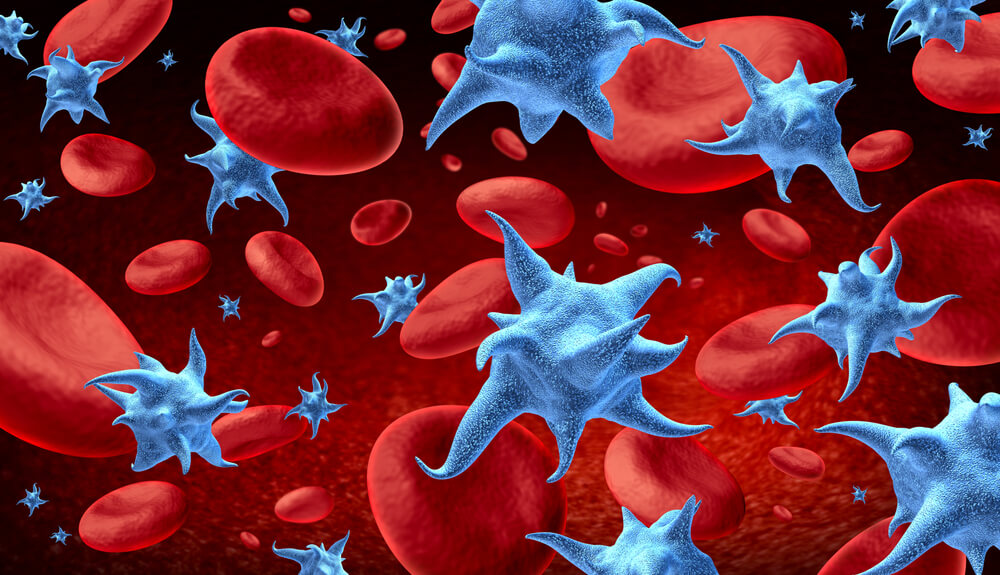
Thrombocytopenia can be diagnosed with a blood test and a physical exam. The treatment depends on the cause and severity of the condition. Some of the treatments include stopping or changing the medications that affect platelets, treating the underlying infection or disease, giving platelet transfusions, or evaluating the spleen. Our clinic can help patients with thrombocytopenia manage their condition and prevent complications.
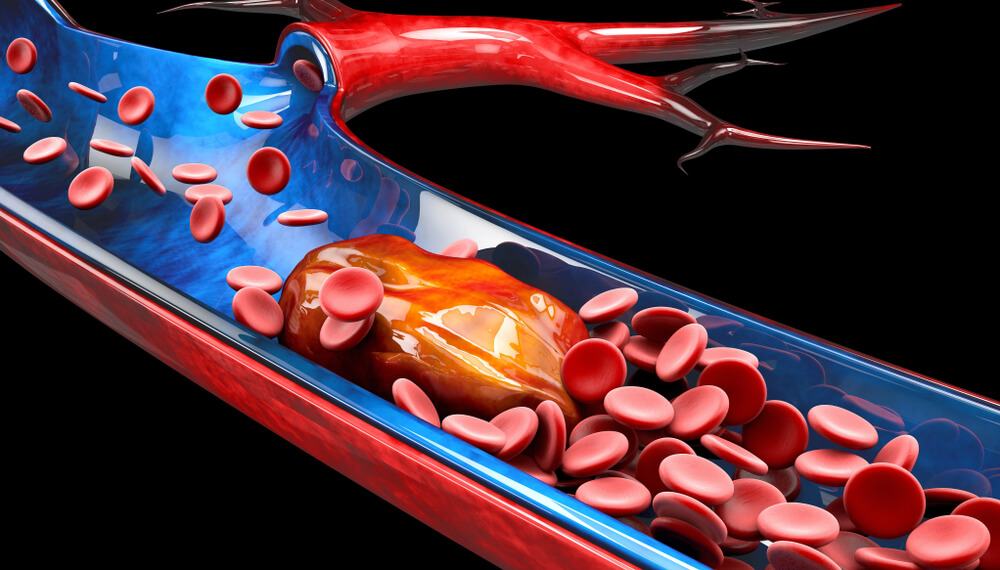
Deep Vein Thrombosis (DVT): Protecting the Lungs
Deep vein thrombosis (DVT) is a condition in which a blood clot forms in a deep vein, usually in the leg or arm. DVT can be caused by factors that slow down the blood flow or make the blood more likely to clot, such as long periods of inactivity, surgery, injury, or genetic disorders. DVT can cause pain, swelling, redness, or warmth in the affected limb. However, some patients may have no symptoms at all.
DVT can be dangerous because the blood clot can break off and travel to the lungs, causing a pulmonary embolism (PE), which is a life-threatening emergency. PE can cause shortness of breath, chest pain, coughing up blood, or fainting. DVT can be diagnosed with ultrasound, blood tests, or other imaging tests. The treatment options include anticoagulants (blood thinners), thrombolytics (clot busters), or filters to prevent the clot from reaching the lungs. Our clinic can help patients with DVT prevent and treat the condition and reduce the risk of PE.
Hematology: Caring for Your Blood Health
Blood disorders are challenging and diverse conditions that require expert knowledge and care. At our clinic, we can diagnose and offer expert consultation with a specialist. We also understand the impact of blood disorders on your physical and emotional health, and we offer supportive and holistic care for each patient. We are committed to helping you achieve the best possible outcome and quality of life.
